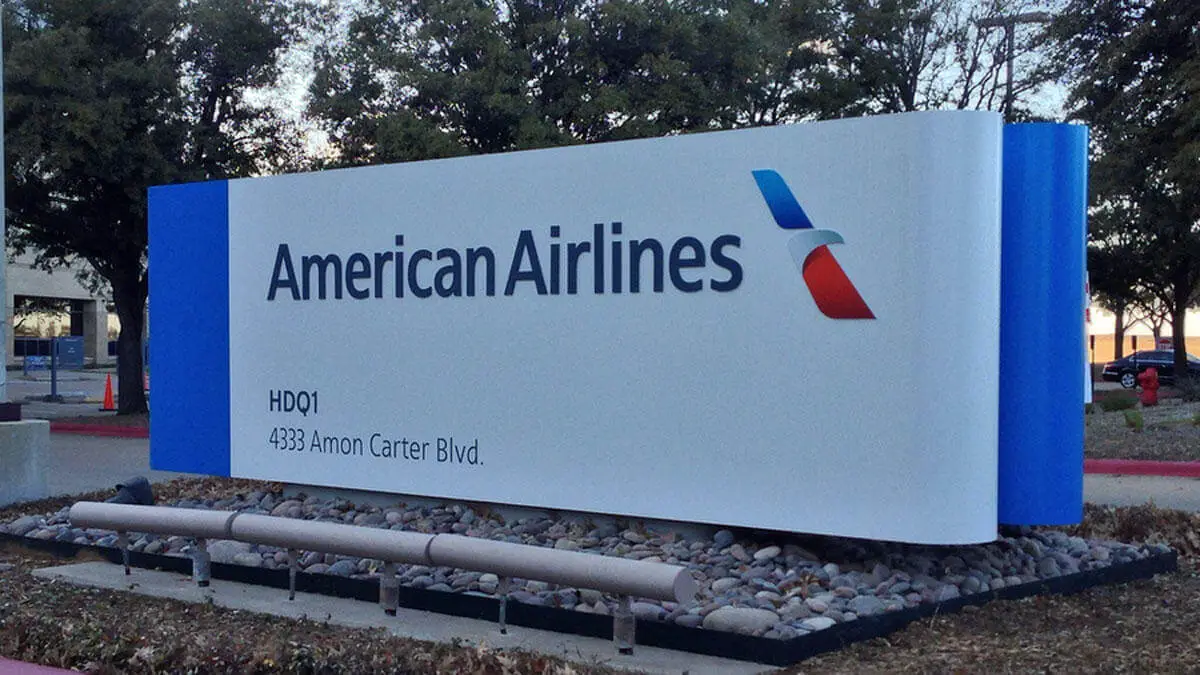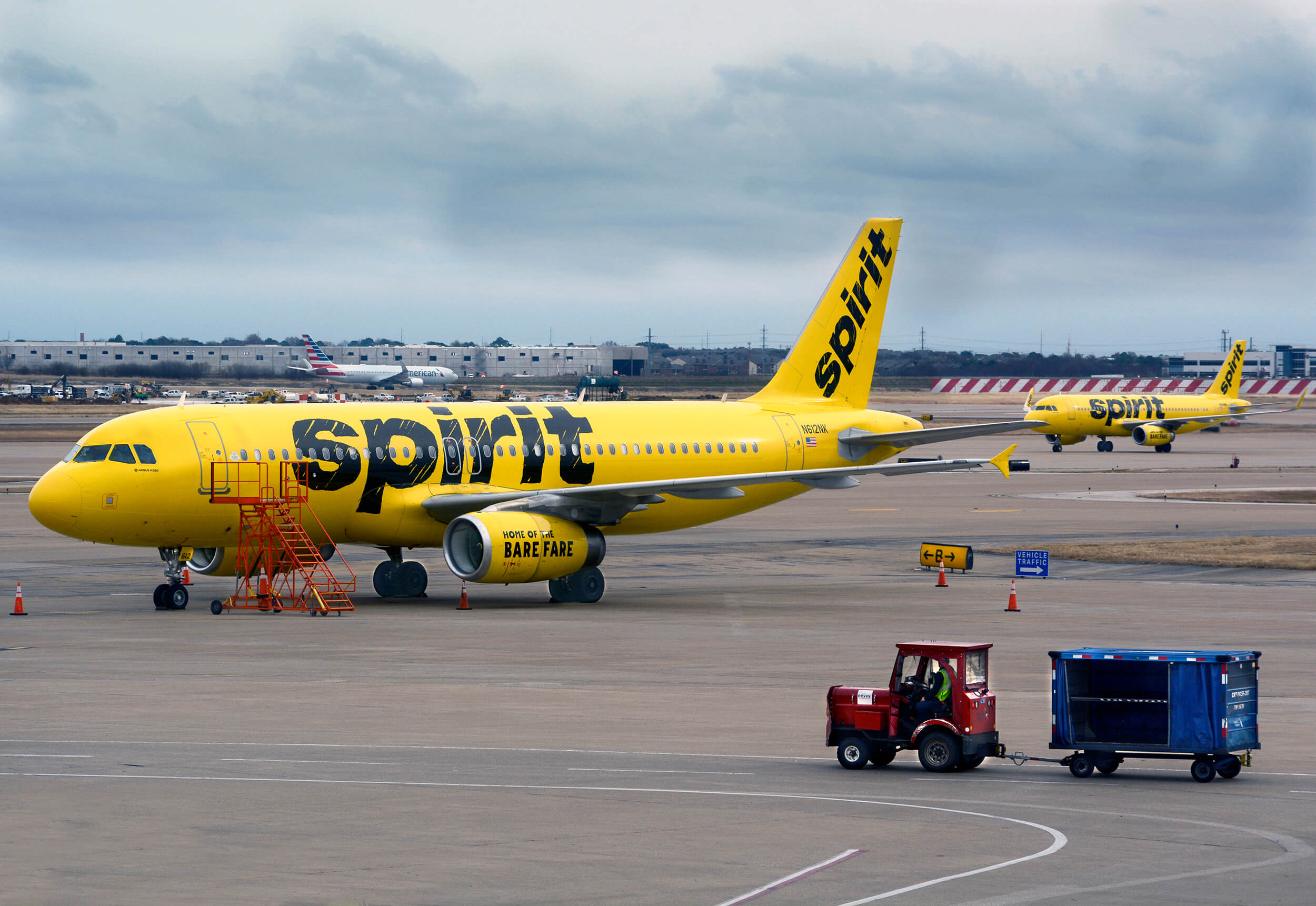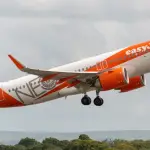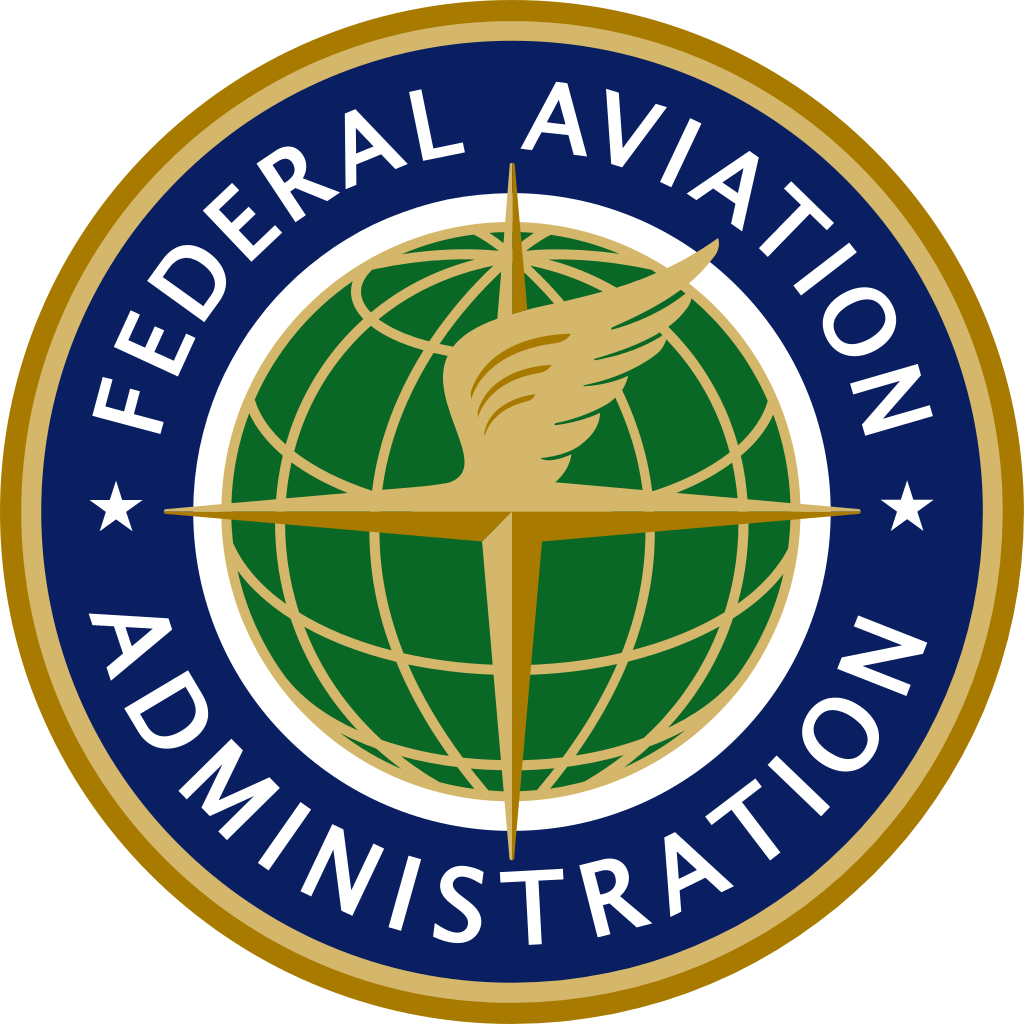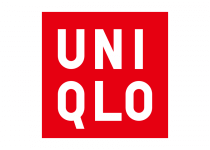Southwest Airlines Mission Statement & Vision Statement (An Analysis)
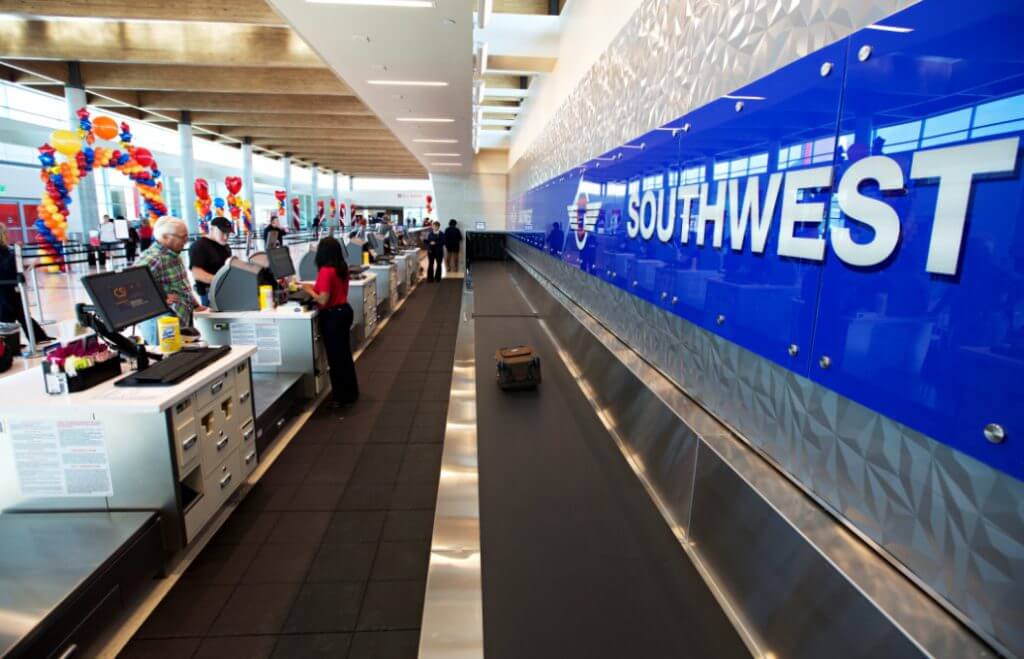
Southwest Airlines mission is “Dedication to the highest quality of Customer Service delivered with a sense of warmth, friendliness, individual pride, and Company Spirit.” This mission statement shows what Southwest Airlines business does. The details cover the airline’s aims and its activities on how to fulfill these aims. The following are the main components of Southwest Airlines mission statement:
- Excellent customer service
- People empowerment
The first component of the Southwest Airlines mission statement identifies customer service which has a “sense of warmth, friendliness, individual pride” commencing with its employees.
To address this component of its mission statement, Southwest Airlines maintains its company culture, where rapport and warmth are important. Through this, the Southwest Airlines mission statement is an important factor in its corporate culture which is high quality customer service, an example is customer support and marketing communications for the commercial aviation market.
In effect, the Southwest Airlines mission statement focuses on customer experience as a big factor in the evaluation of its business performance, operational effectiveness, and strategies. This also highlights the behaviors that are desirable to the customers that would attract passengers in patronizing the airline.
The second component is the link towards the fulfillment of Southwest Airlines mission to be the leader in the airline industry which is their excellent human resource management. This produces excellent service which is manifested by their employees through their demeanor, reflected by their good customer service and interaction.
Introduction
Southwest Airlines mission statement & vision statement aims for leadership in the global aviation industry and customer service sector. Since the beginning of its business, Southwest Airlines has relied on its values such as their concern, respect and care for its employees and customers. It is proud that Southwest Airlines focuses itself in the belief that when the employees are happy it will be reflected to the customers who will be happy and satisfied with their service.
It has set itself apart from other aviation companies every single day through its delivery of their customers safely, reliably, and in a low-cost manner to their destinations. This cost minimization strategy is a factor in airlines operations management of Southwest Airlines whose objective is to be the leader in the industry in terms of customer experience and relations, as well as the company’s human resources management.
On the other hand, Southwest Airlines vision marks the importance of an international leadership in the aviation industry that defines the business and guides the development of strategies and tactics.
These factors have presented significant implications on the airline’s marketing strategies, regarding how it presents itself as a practical alternative to other major airlines. Southwest Airlines mission and vision are the primary guiding principles that mold the airline’s strategic plans to expand and explore new and better opportunities in the global commercial aviation industry.
Vision Statement
Southwest Airlines vision statement is “to become the world’s most loved, most flown, and most profitable airline.” This corporate vision statement has the following components relevant to the business:
- Strongest civil aviation brand
- Most patronized
- High profitability
The first component of Southwest Airlines vision statement is a specification of the company’s market scope which this case is global in scale.
This corporate vision reflects Southwest Airlines long-term strategic plans for global operations, and guides the strategic decisions in growing the enterprise, especially beyond its current main market in the United States.
The second component of Southwest Airlines vision statement signifies that its management strategies is geared towards customer satisfaction that considers its operational effectiveness and efficiencies that affect the speed and convenience of their customers’ experience resulting in their loyalty to the airline.
The third component of Southwest Airlines vision is to become a global industry leader. This points to highest profitability compared to other major airlines like United and Delta by addressing opportunities and threats. This is made in order to have competitive advantages in prevent the exploitation of the same opportunities in the global air transportation market.
Values Statement
Southwest Airlines core values comprise “Live the Southwest Way: Warrior Spirit, Servant’s Heart, Fun-LUVing Attitude; Work the Southwest Way: Safety and Reliability, Friendly Customer, Service, Low Costs.” It is a reflection of the work and principles of the company that makes it a success in its operations. It has the following main factors:
- Safety
- Reliability
- Friendly Customer
- Service
- Low costs
The first factor is a reflection that Southwest Airlines assumes that the priority of the company are the people. Southwest Airlines is fulfilling its mission statement by holding the company accountable to their commitment to customer service by having a viable safety and contingency plan.
The second factor relates to its mission statement which focuses on its customer experience by having effective business performance, operational effectiveness and strategies which are desirable behaviors that attract passengers.
The third factor can be seen in the execution of the mission and vision statements of Southwest Airlines which can be seen in their customer service that is provided by their employees. It is the belief of Southwest Airlines that when the employees are happy the customers are happy as well because they provide excellent and friendly service which is delivered with a sense of warmth, friendliness, individual pride and company spirit.
The fourth factor amplifies Southwest Airlines concern, respect and care for its employees and customers. The company provides themselves an employee focus with the belief that when the employees are happy, they in turn return this happiness into positive and favorable customer service. This is done through effective planning on good employee benefits. Employees will be provided with the same concern, respect and care within the organization.
The fifth factor is reflective of the Southwest Airlines SWOT Analysis which is attributable to the successful competitive position of the company which involves low costs as a major strategic factor.
It is the belief of Southwest Airlines that when the employees are happy the customers are happy as well because they provide excellent and friendly service which is delivered with a sense of warmth, friendliness, individual pride and company spirit.
References
Aboiodun, A.J. (2010). Interface Between Corporate, Vision, Mission and Production and
Operations Management. Global Journal of Management and Business Research, 10(2),
pp. 18-22.
D’Urso, S.C. (2018). Towards the Final Frontier: Using Strategic Communication Activities to
Engage the Latest Public as a Key Stakeholder in a Corporate Mission. International Journal of Strategic Communication, 12(3), pp.288-307.
Ekpe, E.O., Eneh, S.I., & Inyang, B.J. (2015). Leveraging Organizational Performance Through
Effective Mission Statement. International Business Research, 8(9), p. 135.
King, D.L., & Case, C.J. (2013). 2012 Mission Statements: A Ten Country Global Analysis.
Academy of Strategic Managemet Journal, 12(1).
Kirkpatrick, S.A. (2016). Build a Better Vision Statement: Extending Research With Practical
Advice. Rowman & Littlefield.
Lucas, J.R.(1998). Anatomy of a Vision Statement. Management Review, 87(2), p. 22.
Pace, S. (2017). Shaping Corporate Brands: From Product Features to Corporate Mission.
International Studies of Management & Organization, 47(2), 197-2015.
Salem, K.A. (2012). Mission, Purpose, and Ambition: Redefining the Mission Statement. Journal
of Strategy and Management, 5(3), pp. 236-251.




